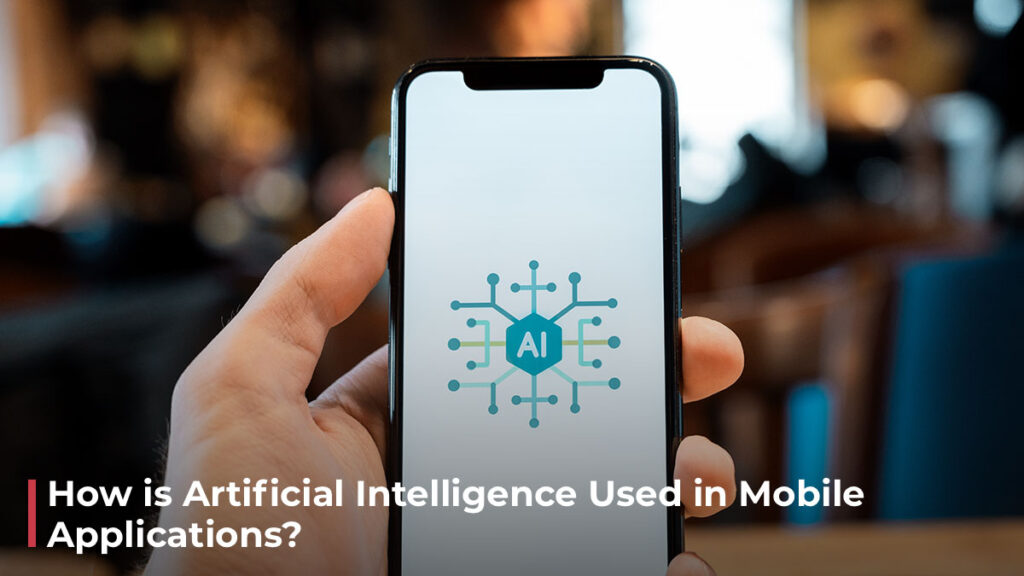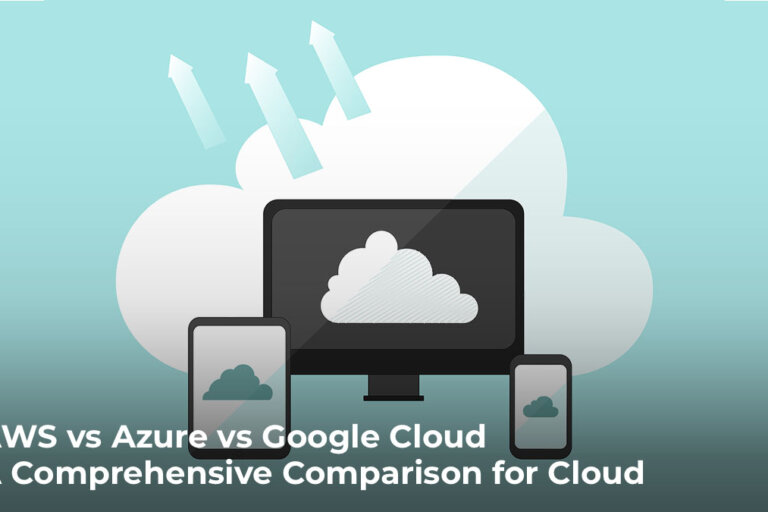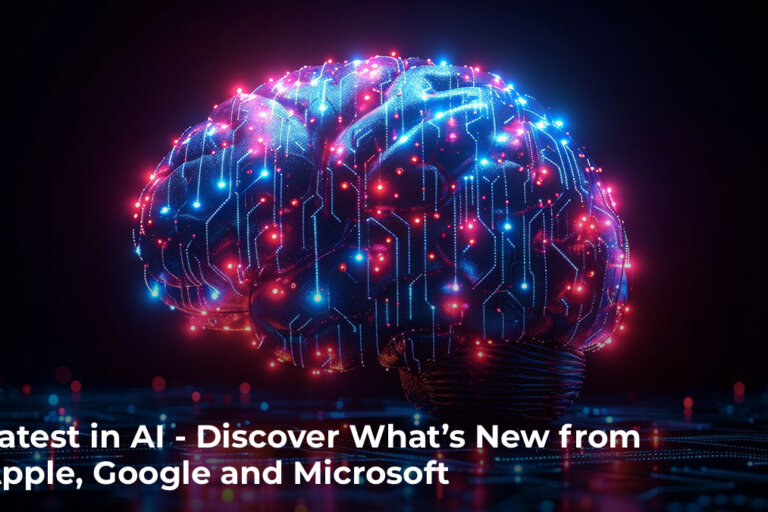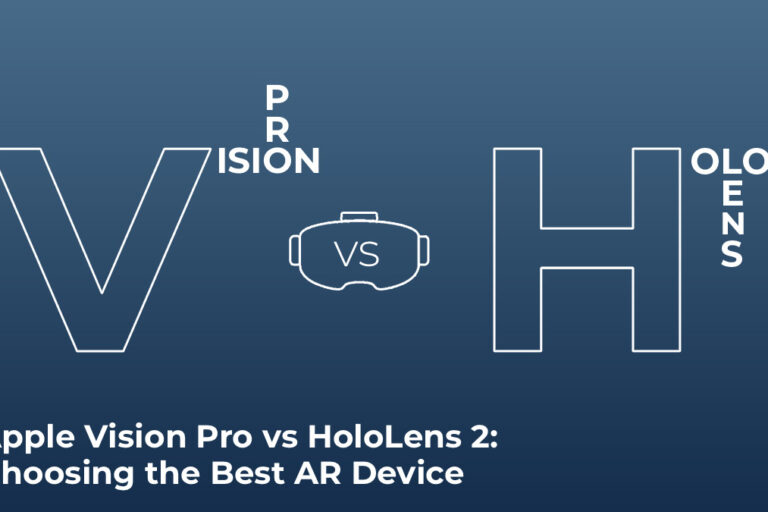How is Artificial Intelligence Used in Mobile Applications?

The rapid evolution of Artificial Intelligence is creating waves in the tech space, making it an indispensable companion in modern life. Its innovative capabilities in mobile apps continue to captivate users, turning what once felt like a distant dream into an everyday reality by seamlessly infusing intelligence into every facet of user interactions.
Following this trend, businesses of all sizes, big and small, are adopting AI and incorporating its powerful features in their apps to enhance customer experience and boost business performance by understanding exactly what the user needs.
In this blog, we have come up with some of the interesting ways we can make use of AI in mobile apps to improve your app’s performance and make it more personalized. Alongside, we’ll also delve into the challenges developers face and the exciting possibilities AI holds for the future of mobile app development.
Different Ways You Can Use AI in Mobile Apps
AI has immense potential in today’s mobile-first world, and we’re only beginning to scratch the surface of what the future holds. From analyzing customer behavior and recognizing voice and image in real-time to delivering instant, personalized responses through chatbots, AI-powered apps have come a long way. These abilities of AI to truly understand user needs and provide tailored solutions have become the cornerstone of success in today’s app-driven economy. Most importantly, these AI advancements are making life easier, more efficient, and more convenient for users everywhere.
So, here’s some of the ways developers are implementing AI in mobile apps:
Conversational AI Chatbots
AI-powered Chatbots have become an essential tool for businesses to navigate the current fast-paced tech-driven landscape. Alexa, Siri, Duolingo, and Google Assistant are just a few examples that are currently leading the way.
With advancements in AI and natural language processing (NLP), these modern chatbots are capable of managing a variety of complex tasks. They can go beyond answering basic queries; they analyze user intent, provide real-time insights, and connect seamlessly with enterprise systems like ERP and CRM by simulating and processing human language efficiently.
Whether it’s booking a ticket, retrieving data, or managing finances, these intelligent virtual assistants, when integrated with your app, can take business communication to a whole new level, delivering relevant and satisfying responses to users in real-time.
Here’s a compelling insight: According to a recent Tidio survey, the AI industry is booming, with nearly 60% of business owners acknowledging the growing importance of chatbots in enhancing customer support services. Companies employing AI chatbots are resolving consumer queries and addressing issues within minutes, offering real-time, personalized solutions. Riding this wave of innovation, the adoption of AI bots is projected to soar to 34% by 2025.
In a nutshell, from revolutionizing customer support to enhancing personal interactions, chatbots are paving the way for a smarter, more connected future with no need for human intervention. The possibilities they bring for businesses are endless, and it’s exciting to imagine how these AI-driven tools will further continue to add value.
Personalized User Experience
Delivering a personalized user experience is a critical factor in determining an app’s success. The ability to tailor app interactions to user preferences not only enhances customer satisfaction but also boosts customer retention and conversion rates.
Take, for instance, the moment you’re casually browsing online, and suddenly, a curated recommendation pops up on your screen. Intrigued, you click on it and find yourself exploring related products or services. It’s no coincidence— AI is behind it. Using advanced machine learning algorithms and real-time data analytics, apps analyze user data such as purchase history, browsing patterns, and items left in the cart. This enables them to predict what users might like with remarkable accuracy, offering personalized suggestions that feel almost intuitive.
For users, this means an app experience that feels relevant and convenient, saving them time by presenting what they need before they even search for it.
For developers, integrating these AI capabilities enables them to create apps that continuously learn and evolve alongside user behavior, creating a dynamic and adaptive experience. This not only improves app performance over time but also keeps the app relevant in a rapidly changing market.
For businesses, the benefits are twofold. Personalized recommendations help in increasing engagement and driving sales, while predictive algorithms can refine suggestions in real-time, helping businesses stay ahead of trends and build stronger customer loyalty.
In essence, AI-powered personalization is transforming mobile apps into smart, user-centric platforms, possessing strong potential to grow with both user expectations and business ambitions.
Real-Time Image & Voice Recognition
Have you ever wondered how your phone unlocks the moment it sees your face, or how you can command your car to play your favorite song with just your voice? The magic is in AI.
Not only that, imagine snapping a picture or selecting one from your gallery and instantly gaining a wealth of information about it. Whether it’s identifying the products in the image or finding a list of websites where you can shop for them, this AI-driven capability is redefining how we interact with apps.
By using pattern recognition through advanced neural networks like CNN (Convolutional Neural Networks) and RNN (Recurrent Neural Networks), AI mimics the structure and function of the human brain to make these hands-free interactions effortless.
With the global voice recognition market predicted to hit a staggering $84.97 billion by 2032, businesses can’t afford to ignore its potential. Integrating such AI features into apps isn’t just a trend, but a necessity for delivering exceptional user experiences.
The benefits go beyond convenience. For instance, in a fitness app, you could simply say, “Show me leg workouts,” and instantly receive personalized options – low-intensity, high-intensity, or weight-based exercises. This intelligent feature sifts through vast amounts of content to deliver precisely what fits your needs, saving both time and effort. And it doesn’t stop there. These advancements are making technology more inclusive, enabling even people with disabilities, like hearing or mobility impairments, to navigate apps more easily using voice commands or adaptive touch features, so they can find what they need without any barriers.
To date, AI-powered image and voice recognition features in mobile app development are playing a significant role in reshaping industries such as retail, e-commerce, healthcare, fitness, and banking, where security and accessibility are vital. These features have not only enabled businesses to provide safer and more secure solutions but also streamlined, intuitive experiences that are faster, smarter, and tailored to meet individual user needs.
Golflogix is a premier Golfing app developed with Zco’s expertise. By integrating AI, the app can identify course types and tree placements, providing golfers with insights that improve their game. To know more about how this app is changing the golfing experience, click here.
Automation of Tasks
Currently, AI is playing a major role in streamlining app developers’ efforts with its extensive capabilities in automating several repetitive, time-consuming, and complex tasks.
For instance, tools like GitHub Copilot are transforming the coding process. This AI-powered assistant can generate efficient code snippets based on simple prompts, reducing the manual effort required in writing code. With such a tool handy, developers can focus on refining app features and improving performance rather than getting bogged down by routine coding tasks.
Similarly, advanced AI-powered debugging tools like DeepCode, BrowserStack, and DeepScan can analyze entire codebases in seconds. These tools identify vulnerabilities, suggest improvements, and optimize performance faster than traditional methods. Thereby minimizing errors and ensuring robust app security.
On the design front, AI-driven platforms such as Uizard and Figma’s AI plugins streamline prototyping. These tools can convert rough sketches or wireframes into fully functional user interfaces in minutes, enabling designers to iterate rapidly and bring their ideas to life faster than ever.
With these AI tools handy, developers and creative designers can ensure that apps are developed with fewer errors and quicker turnaround times. Moreover, AI is streamlining the development lifecycle by automating testing and quality assurance. Specialized AI-driven tools can simulate multiple scenarios, identify issues, and adapt to evolving challenges while keeping a record of past bugs.
The benefits of AI automation extend beyond developers. For example, in healthcare, apps like MySugr make managing chronic conditions such as diabetes much simpler. These apps automatically sync data from glucose monitors, analyze trends, and provide actionable insights, ensuring users receive timely reminders for medication or medical appointments.
Travel apps are another area where AI has revolutionized user experience. For example, apps like Hopper use AI to predict flight and hotel prices, automating the process of finding the best deals. Users can set alerts, and the app notifies them when prices drop, taking some of the stress out of planning a trip.
Also, let’s not overlook the impact of e-commerce giants like Amazon and eBay, which extensively utilize AI automation to craft highly personalized shopping experiences.
These advancements don’t stop at development, travel, and shopping. Streaming platforms like Netflix and Spotify also harness the power of AI to redefine entertainment. By analyzing user preferences, viewing habits, and listening patterns, these platforms can come up with highly personalized recommendations, ensuring users spend less time searching and more time enjoying their favorite content.
Emotion Recognition Intelligence
Emotional AI, or effective computing, is an emerging subset of artificial intelligence that’s steadily gaining traction across various industries. This technology goes beyond traditional AI capabilities by recognizing, interpreting, and simulating human emotions through advanced tools like natural language processing (NLP) and machine learning.
In healthcare, such AI systems play a pivotal role in analyzing a patient’s tone of voice or facial expressions to efficiently detect signs of depression, anxiety, or stress. For instance, Apps like Wysa and Youper use AI-driven emotional recognition to analyze a user’s mood through text inputs, voice notes, or interaction patterns. This helps in offering real-time mental health support while identifying patterns that may require intervention from healthcare professionals. This personalized approach ensures patients receive timely care, every time.
Modern chatbots equipped with emotional AI can gauge a user’s emotional tone. Let’s say, in a service chat, if a customer is expressing frustration, it can effectively trigger the chatbot to respond with empathy and escalate the issue to a human representative, if needed. Companies like Affectiva and Woebot are developing systems that analyze micro-expressions and vocal cues, enhancing customer service interactions and creating more human-like interactions.
Similarly, Edtech platforms are leveraging emotional AI to create dynamic lesson plans that adapt to a student’s engagement levels. If a learner appears bored or confused, the system can adjust the pace or approach, making the experience more engaging and less burdensome.
Gaming apps are another exciting area where emotional AI is making its mark. By analyzing a player’s facial expressions or voice during gameplay, these apps can dynamically adjust the game’s difficulty or storyline to match the player’s engagement level, creating a more immersive and personalized gaming experience.
Challenges in AI-powered Mobile App Development
As promising as AI is, integrating it into mobile apps comes with hurdles. Developers face challenges like:
- Device Constraints:
AI models require significant computational power and memory, which may not always be feasible for certain mobile devices. For instance, an advanced image recognition model might drag down performance or even cause app crashes on older devices. Developers need to find the right balance between app functionality and device efficiency by leveraging edge computing or cloud processing.
- Data Privacy Concerns
AI algorithms, in general, function on user data for training and improving their performance. For instance, apps like fitness trackers or smart assistants collect sensitive information such as location, health metrics, and personal preferences. Ensuring this data is stored and processed securely while complying with global regulations like GDPR or CCPA can be daunting. A breach or misuse of such collected data not only risks legal consequences but also can damage user trust and business reputation.
- High Development Costs:
AI integration isn’t cheap. Training machine learning models, acquiring datasets, and using cloud services for computation can significantly increase development costs. For example, personalizing e-commerce experiences similar to Amazon’s recommendation engine requires extensive resources to process and analyze user behavior. This high cost can be a roadblock for startups and smaller companies with tight budgets.
- Scarcity of High-Quality Data
AI models are trained on large data sets to optimize results, but not all data it receives is useful. For example, building an AI-powered healthcare app that predicts symptoms requires vast amounts of accurate and diverse medical records. Poor-quality or biased datasets can lead to inaccurate predictions, which could have serious consequences in healthcare.
- Continuous Maintenance and Updates
AI-powered apps aren’t a one-and-done project. Models need continuous retraining to stay relevant because over time, user preferences change, new trends emerge, and your app’s AI needs to keep up. Take a food delivery app using AI for demand forecasting—it must recalibrate algorithms as new restaurants join the platform, or user preferences shift seasonally. This continuous upkeep requires a long-term investment in resources and expertise.
The Future of AI in Mobile App Development
With the current pace of advancements in AI, it’s definite that the possibilities for mobile app development are expanding in ways we’re only beginning to understand.
Right now, features like image and voice recognition seem to be a go-to choice for users, making it easier to get quick, personalized results. In the future, we may see these capabilities merge with technologies like augmented reality (AR) and virtual reality (VR), offering richer and more interactive experiences.
Also, looking ahead, AI automation in app development is poised to become even more advanced. Imagine platforms where non-technical users can create fully functional apps using AI’s guidance, eliminating the need for coding altogether. This would open up opportunities for small businesses and individuals to turn their ideas into working apps without the need for coding skills.
AI’s ability to analyze data might also help businesses make smarter decisions. It could predict trends and suggest new app features that users are likely to want, helping companies stay one step ahead.
Testing is another area where AI will likely make a big impact. Instead of relying on manual processes, future AI tools could simulate real-world scenarios, identifying potential issues and ensuring apps are ready for users right from the start.
To Wrap Up,
Artificial intelligence is no longer a futuristic concept – it’s here, simplifying lives and uncovering new possibilities around us. And, it’s the next biggest game changer in the world of app development and an essential tool to keep your business competitive.
We hope this blog has sparked some ideas and shown you how AI can elevate your app to new heights, delivering smarter and personalized experiences while boosting productivity.
If you’re ready to infuse your app with AI-powered features or bring an entirely new AI-driven idea to life, Zco is here to make it happen. With a team of expert AI-driven app developers, let’s make something truly remarkable.












